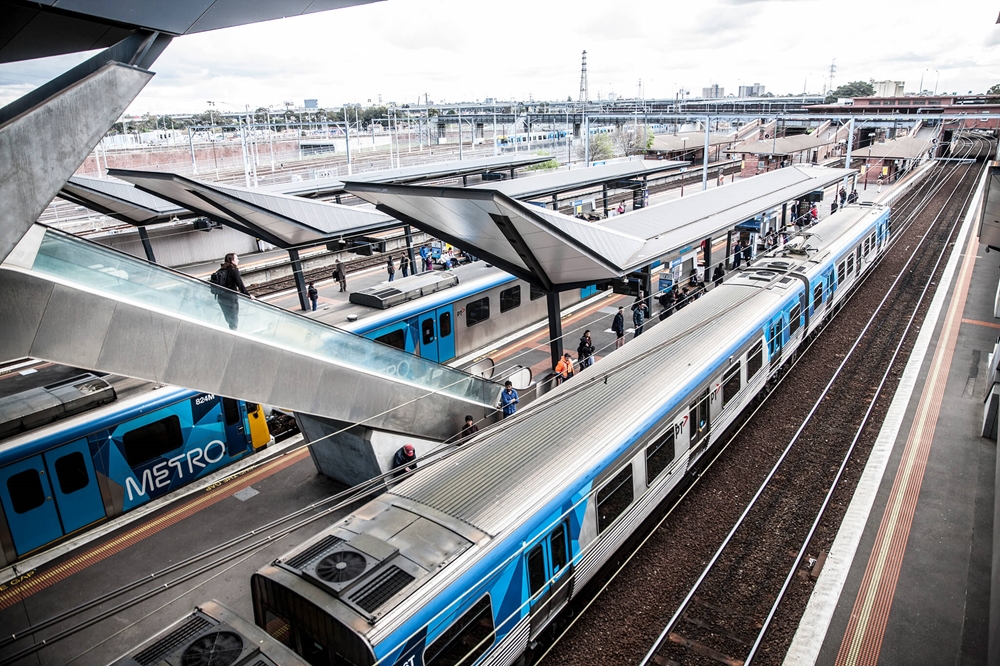How Sustainability Is Improving The Operation Of Infrastructure
How Sustainability Is Improving The Operation Of Infrastructure
Environment, Social, Economic, Governance: the 4 pillars that make up the quadruple bottom line of sustainability. This can be translated to the management of impacts on and the enhancement of:
- Environment: flora, fauna, air, water, land
- Social: community, stakeholders, heritage, workforce, supply chain
- Economic: financial sustainability, budgets, materials lifecycles, maintenance cycles
- Governance: asset maturity, risk and opportunity management, climate change adaptation, resilience
Another way of defining sustainability in asset management is “good business practice”. In many ways several of the aspects that are listed above are incorporated under different guises within a well-managed asset. The pathway from a well-managed asset to a sustainably managed asset is to take a holistic approach over the forecast useful life.
Sustainability has been viewed as an add-on or additional requirement to existing asset management systems. However, where the 4 pillars of sustainability are integrated into management systems and elevated alongside key business drivers, it is no longer an “extra”, but an essential. A sharpened focus and key sustainability commitments can generate organisational change and build a sustainability culture across complex large scale network environments. A rating system that evaluates the sustainability of infrastructure operations can provide a useful framework to achieve this.
A sustainability framework provides useful guidance to an infrastructure operator on what “good business practice” looks like, and allows for the quick identification of gaps across the 4 pillars of sustainability. This broadens the scope of opportunities and initiatives to address longer term and interrelated risks, and demonstrates how local work efforts can contribute to a company’s sustainability goals. In addition to better risk and opportunities management, a quadruple bottom line integrated system will ensure that service provision can be maintained and efficiently improved. In some cases, this can be done through improved stakeholder and community engagement.
At a practical level, understanding your steel, asphalt, concrete and other material uses for periodic renewal programs would allow planning for more robust materials to lower maintenance requirements, improve wear and tear/vehicle fleet emissions and impacts on the nearby community. Monitoring and measuring of water, energy and waste forms the foundation of resource management, and provides a platform implementing practical reduction opportunities.
The Infrastructure Sustainability Council of Australia (ISCA) is a member-based not-for-profit industry council. ISCA is the peak industry body for advancing sustainability outcomes in infrastructure.
ISCA advances sustainability outcomes in infrastructure is through the development and facilitation of the Infrastructure Sustainability (IS) rating scheme. The IS rating scheme is an industry-compiled voluntary sustainability performance rating scheme evaluating planning, design, construction and operation of all infrastructure asset classes beyond regulatory standards.
The IS rating scheme for Operations is the first scheme in the world to measure the sustainability performance of infrastructure operations and maintenance. This framework facilitates the integration of sustainability into existing systems and assists in the development of a pathway to continuous development.
ISCA is currently working with a number of organisations, including Transurban, Metro Trains Melbourne and Downer to assess the sustainability performance of their assets and networks. This sustainability framework intends to assist asset and network operators to drive better outcomes across the quadruple bottom line and contribute to thriving communities.

Written by Kirsty Bauer (Technical Lead at ISCA) and Audra Liubinas (Sustainability Improvement Lead, Metro Trains Melbourne)

